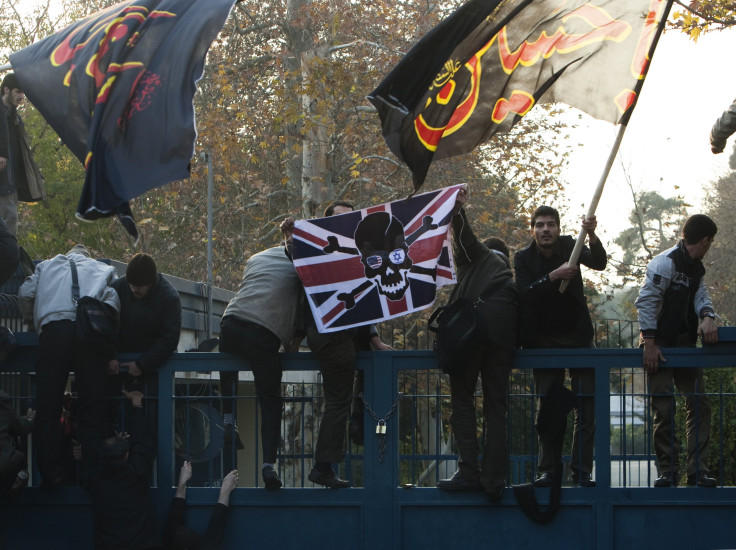UK Considering Reopening Tehran Embassy Soon As Iran Emerges As Unlikely Ally Amid Iraq Crisis

As Iran emerges as an unlikely ally for the West in battling Sunni insurgency in Iraq, Britain said on Tuesday that it will increase collaboration with Tehran and believes that this is the “right time” to reopen its embassy, which closed down in 2011, in the city.
William Hague, UK’s foreign secretary, said Tuesday that the country is confident that its people will once again be safe in Iran’s capital city of Tehran, three years after Britain decided to sever diplomatic operations after an attack in retaliation for economic sanctions the country imposed on Iran. And though Hague did not confirm if the office will be reopened or not, the statement reflects a continued warming of relations between the two countries.
“I have therefore now decided the circumstances are right to reopen our embassy in Tehran. There are a range of practical issues that we will need to resolve first. However it is our intention to reopen the Embassy in Tehran with a small initial presence as soon as these practical arrangements have been made,” Hague said, according to CNN.
The UK's decision to expedite the reopening of diplomatic channels has reportedly been triggered by the latest crisis in Iraq, where the ultra-hardline Islamic State of Iraq and Syria, or ISIS, extremist group has seized control of several cities across the country.
"There has never been any doubt in my mind that we should have an embassy in Tehran if the circumstances allowed. Iran is an important country in a volatile region, and maintaining embassies around the world, even under difficult conditions, is a central pillar of the UK's global diplomatic approach,” Hague said, according to the Telegraph.
Hague also reportedly met British Prime Minister David Cameron on Monday to discuss the situation in Iraq, according to media reports.
While Iran has sent nearly 2,000 advance troops to help Iraq’s government fight off ISIS, the U.S. too has sent a handful of troops to protect its embassy workers in Baghdad even as President Barack Obama is reportedly considering partnering with Iran, as well as drone strikes on Iraqi soil, to fend off the ISIS-fueled crisis.
“Iran is often seen as the enemy and has seen us as the enemy,” Sir William Patey, a senior British diplomat and a former ambassador to Afghanistan, said, according to BBC, which cited a local radio interview. “Against a backdrop of an improving relationship with the prospect of a nuclear deal, there is a prospect of having a more constructive relationship with Iran because there is a bigger enemy - which is Isis.”
In 2011, the British embassy in Tehran was attacked by a mob upset by the sanctions imposed on Iran by the West over the country's nuclear program. During the attack, protesters reportedly injured several people, stole offiical documents and set fire to one of the embassy buildings. The incident led to a freeze in relations between both the countries until last year, when talks reopened after Hassan Rouhani's election as Iran's new president.
© Copyright IBTimes 2025. All rights reserved.






















